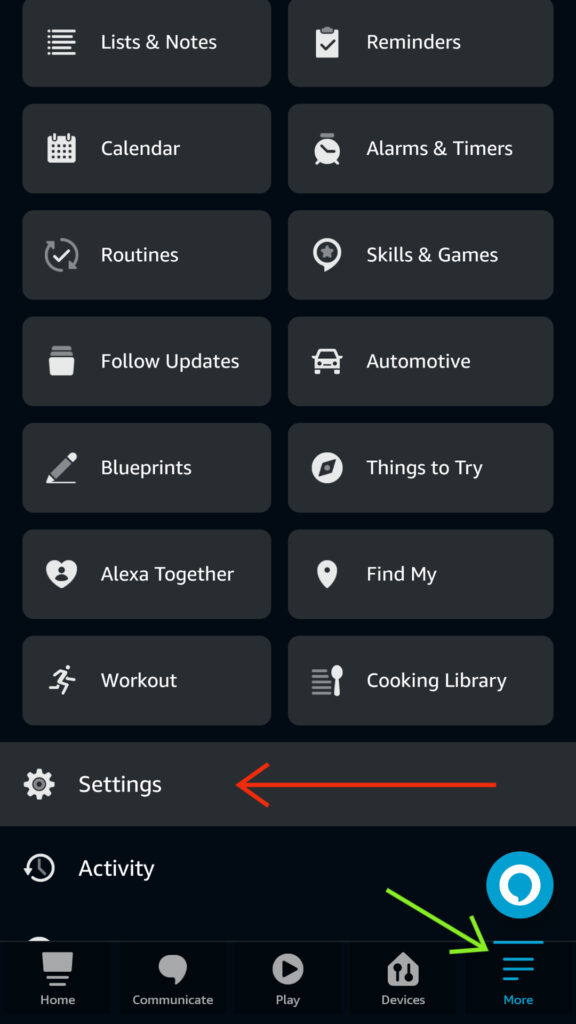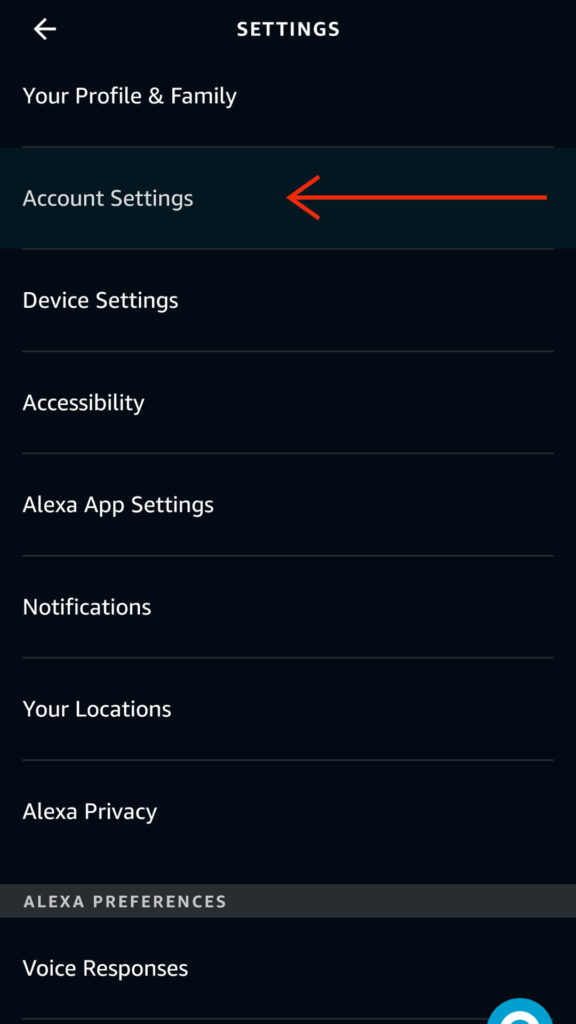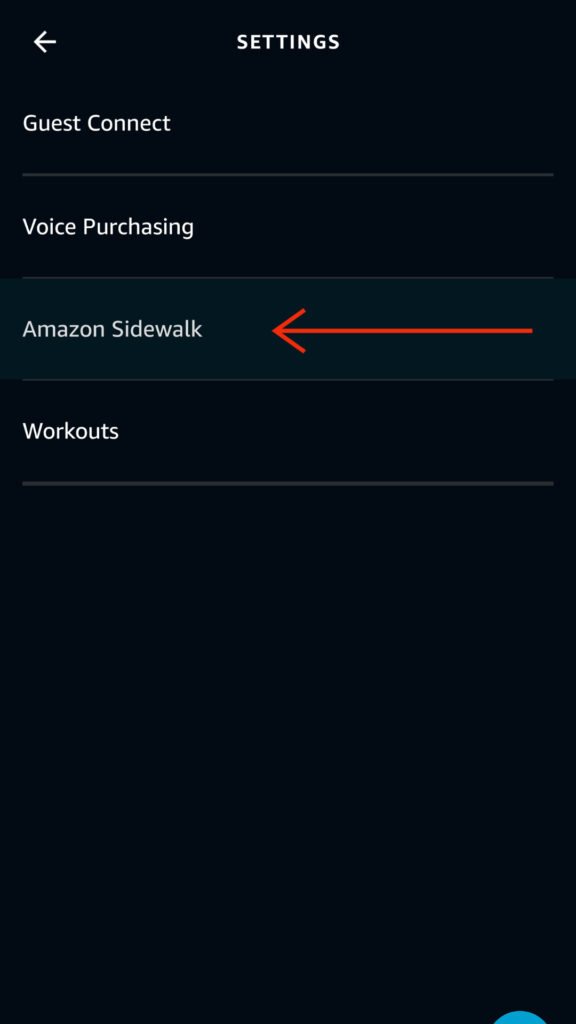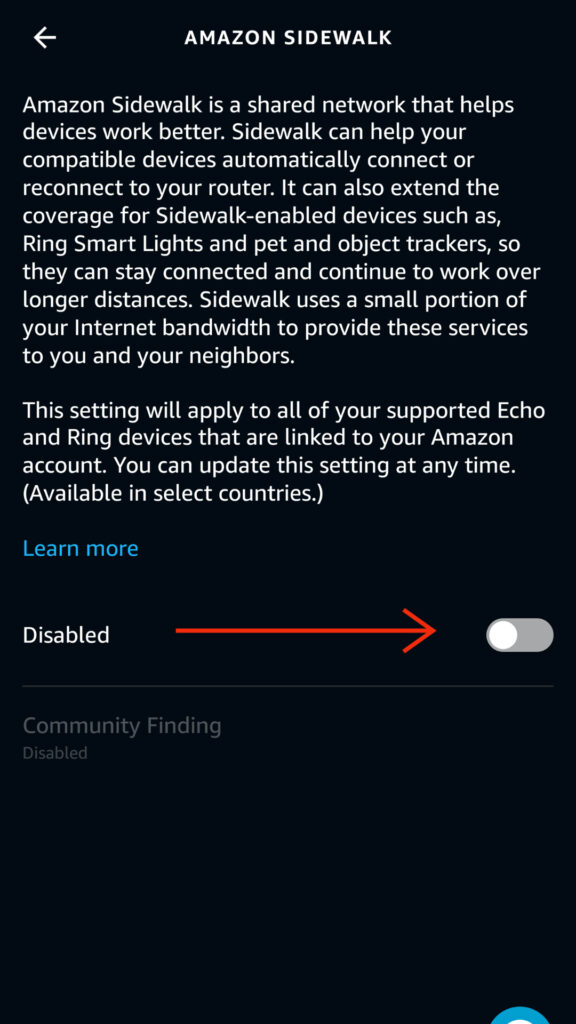Amazon has recently opened up its Sidewalk IoT network to the public, revealing that more than 90% of the US population can access it. The low-power, wide-area network is intended to be used instead of expensive LTE or 5G connectivity on devices that do not require that much data. Amazon has opened up its network to developers, providing a test kit, after which they can start building products that use the network. Potential devices that could benefit from Sidewalk include dog trackers, package trackers, soil moisture sensors, weather stations, leak sensors, mailbox sensors, pill bottles, solar panel controllers, and garage door controllers.
Sounds Great… But How Does it Work?
It is important to note that Sidewalk is enabled by using Amazon’s Echo voice assistant devices all over the country. The company claims that Sidewalk uses only a small portion of the user’s internet to provide services to the community. While this may not bother some, it’s important to note that your Internet bandwidth could be subject to a data cap. Allowing neighbors to even use a portion of your data could incur additional fees depending on how popular Sidewalk becomes in the future. Another important note to make is that these devices draw power which affects you. The more usage that Sidewalk gets, could have a negative impact on your electrical bill.
Users can opt-out of the service by following these steps outlined below:
How to Opt Out of Amazon Sidewalk




Device Defaults are Key
This move by Amazon illustrates the power and importance of device defaults and how they have a significant impact on the products people use. Think back to Internet Explorer’s dominance in the 90s and early 2000s due to its default installation on Windows computers, and currently with Google’s dominance as a search engine due to its default setting within Chrome and Safari on Mac, iPhones and iPads. The default setting is so important to Google’s market share that Google spends billions of dollars a year to ensure that Apple continues to keep Google as the default search engine on those devices. That may change with Apple releasing its own search engine in the future, but it is believed by some industry insiders that this will not happen until regulators force Google and Apple to dissolve this partnership.